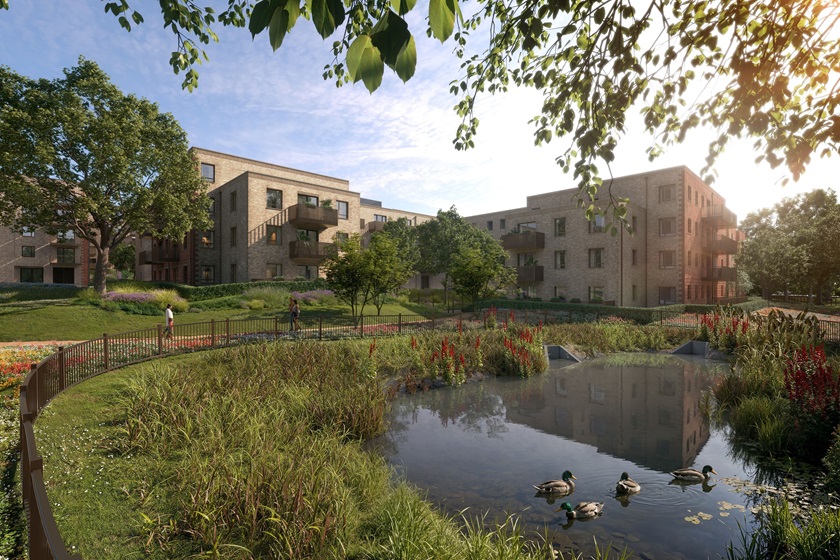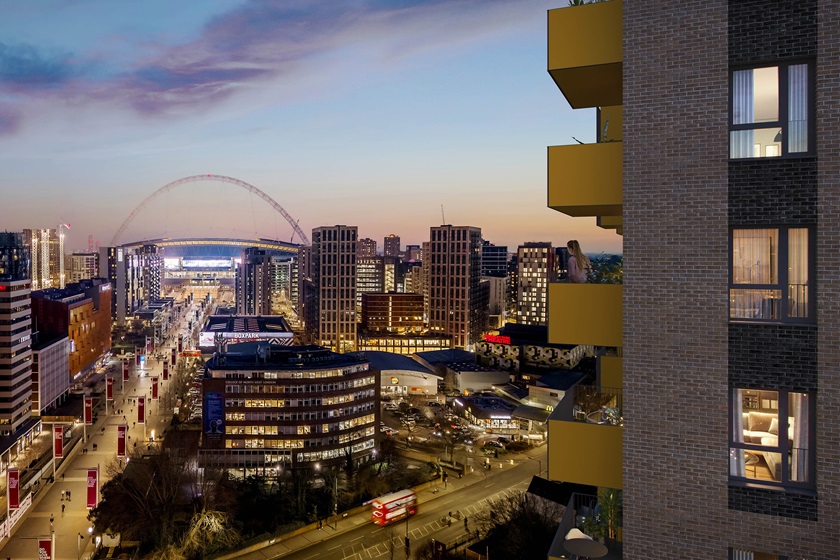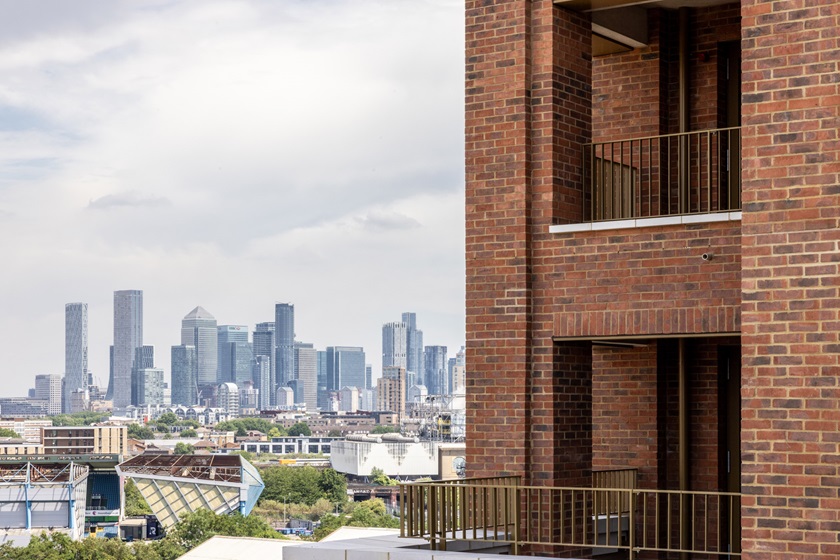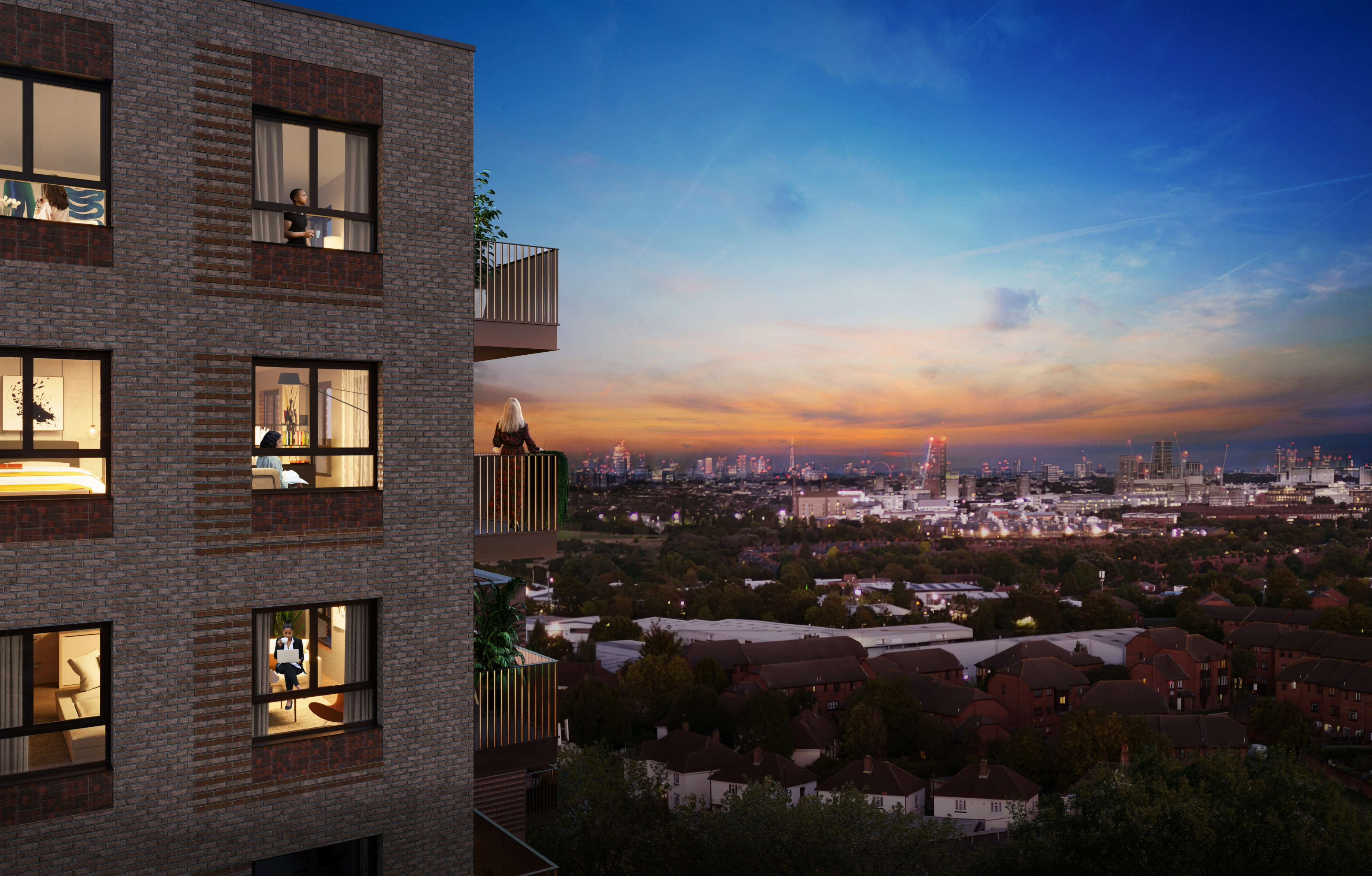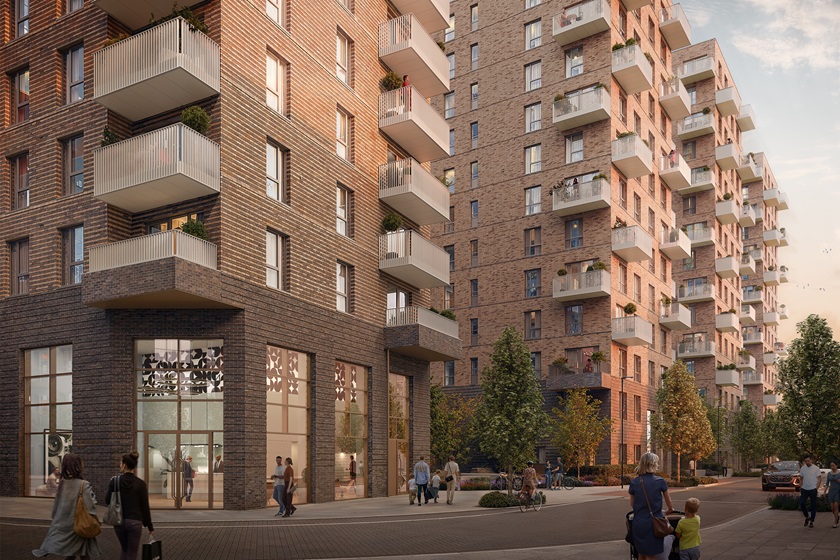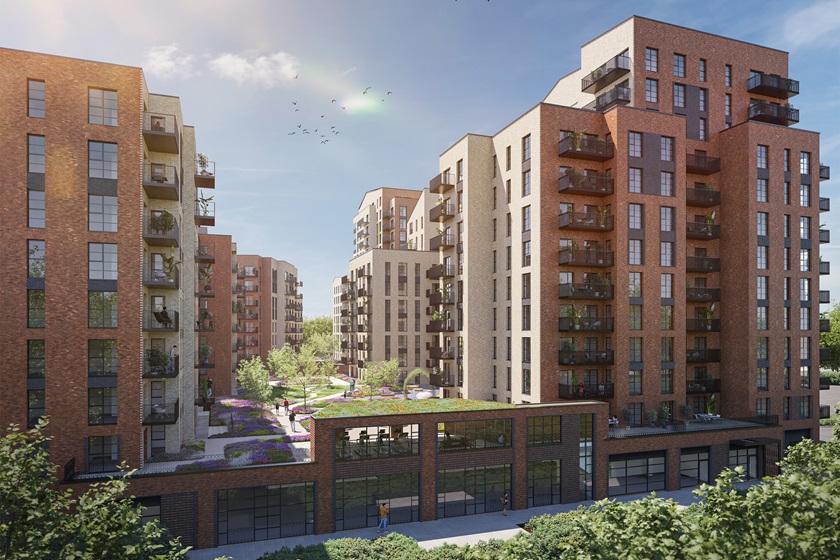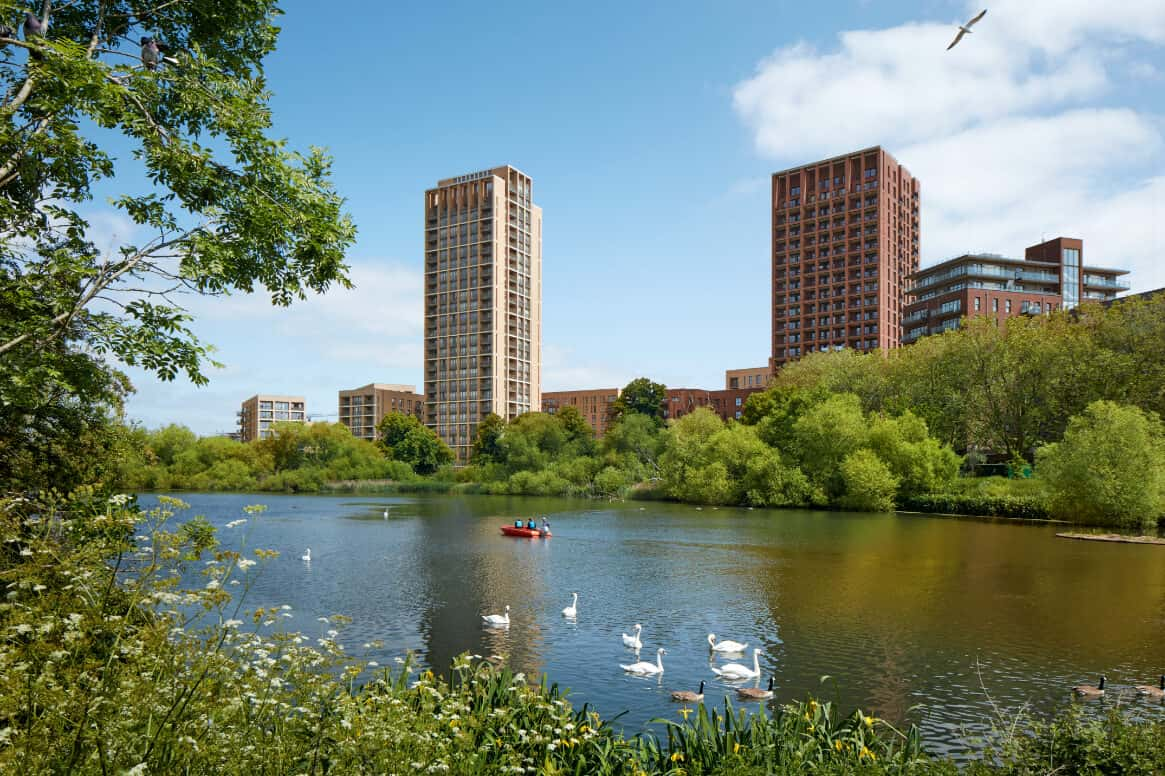The UK has always been a top destination for employment, education and leisure, so it comes as no surprise that it’s one of the most desirable places to move to in the world. Individuals planning to move to the UK either on their own or with family should have a clear plan of action in place prior to relocating. This includes everything from deciding on where to live, to applying for the correct visas.
Here is a complete guide to moving to the UK, so you and your loved ones can enjoy a smooth transition.

Deciding where to live
The largest city in the UK is its capital, London. Thanks to its leading global economy and abundance of top educational institutions, the city is the most popular destination for expats who are moving to the UK for the first time. The latest data from the Office for National Statistics (ONS) shows that London has the highest net international migration of anywhere in the UK. In the year to mid-2022 the capital had net rate of migration from overseas of 1.5 people per 100.
London is a mega city. It has 32 boroughs and a population of almost 10 million people. When moving to London, choosing to live near a place of work or a school is a priority for many. A typical trend of people who relocate is that they tend to start in the city centre and gradually move outwards as they look for more space and affordability. The introduction of the Elizabeth Line in 2022 has meant that many can now live in areas that offer better value in terms of home prices, while having quick and easy access to Central London. Those living in the surrounding neighbourhoods can now enjoy the same convenience and accessibility, without compromising on budget, space, and tranquillity.
Barratt London offers a range of high-quality homes for sale along the Elizabeth Line (see below).

Transport
With a vast transport network that includes underground trains, light rail, overground trains, buses, ferries, trams, taxis, and even a cable car, getting around the city is relatively easy without owning a vehicle. The most famous component of London’s transport system is the London Underground. Since its development in 1863, it has significantly expanded rail connectivity to suburbs across the capital, with 15 lines covering underground, overground, DLR, tram, and the Elizabeth line today.
To get in and out of the city conveniently, there are many major train stations dotted throughout offering fast service across the UK and to mainland Europe. There are also six international airports, and the two busiest, London Heathrow and London Gatwick, are only a mere 15 minutes by train to London Paddington station and 30 minutes to London Victoria station respectively. London Heathrow Airport is also accessible via public transport on the Piccadilly Line and Elizabeth Line.
Owning a car in London is not a necessity, and with many congestion and emissions fees, as well as high daily parking rates, driving can end up being a financial burden. Those, however, who can’t live without a personal vehicle, will be pleased to know that London is connected by seven major motorways. All of them connect to the M25, which is the orbital motorway that circles the city. This provides easy access to major cities and towns across the UK. If a car is just required for a short period of time, there are several pay as you go car hire options throughout London, such as Zipcar and Hiyacar, which offer thousands of vehicles to rent on an hourly basis.
Cost of living
London is a major international city and has a similar cost of living to others around the world, including Singapore and Hong Kong. Although in recent rankings of the world’s most expensive cities, London does not find itself in the top 10. According to The Economist, Singapore is ranked first tied with Zurich and Hong Kong is ranked fifth.
Visas
Non-British passport holders will require a visa to live, study, and work in the UK. It’s important to ensure that a visa has been attained before arriving. Depending on personal circumstances, there are several to choose from.
● Student
● Work
● Family
● British National Overseas (BNO)
If unsure on whether a visa is required, visit the Government website.
Healthcare
New residents of the UK will be able to access the National Health Service (NHS). This is free at the point of service healthcare for all residents that is funded through taxes, and is a significant benefit when living in the UK. Many people also choose to take out private insurance, which although requires a fee also means more efficient service than public healthcare through the NHS. Private insurance also covers some procedures that may not be otherwise available.
Schooling
The UK has one of the best education systems in the world, which consists of five stages. Families moving to the UK with young children can start the enrolment process from the age of three and continue in the system through to the highest levels of education.
Students may attend public, private, independent, grammar, and state schools. Public, private, and independent schools are fee-paying, and typically consist of smaller classrooms. State or grammar schools, on the other hand, are funded by the government and offer high-quality education, albeit with larger classrooms.
Many private and public schools also have boarding facilities, attracting students from all over the world to come and study in the UK from a young age.
International students can apply to study in the UK. Upon accepting an unconditional offer and paying an acceptance fee from a school, they will receive a Confirmation of Acceptance for Studies (CAS). They can then use this to apply for sponsorship. This process may vary depending on the school, but prospective students will need to have a valid student visa before starting classes in the UK.
For international students attending university in the UK, buying a London property to live in while studying offers not only an opportunity to invest in the future, but also a place to live without needing to rent.
Read Barratt London’s ‘Education in the UK’ guide.
Moving belongings and pet relocation
There are many relocation services available to seamlessly assist with all aspects of moving to the UK, from boxing up belongings and managing customs duties, to delivering everything to the new home in London. These services will be especially useful for those looking to move large amounts of items with them.
Those looking to move to the UK with a pet will need to familiarise themselves with the conditions that entail. Animals may need to be quarantined for up to four months upon arrival. They will also need to be chipped and vaccinated, amongst other requirements such as owning a pet passport or health certificate.
Be sure to check all details carefully to ensure the relocation process is a smooth one.
For more information, click here.
Why buying an apartment is a good option
Purchasing a home in London provides the opportunity to have a stable investment in one of the world’s top property markets. Owning a home here is considered a trophy asset for many, but it’s also a smart investment choice that will pay dividends long into the future. Research by JLL shows that property prices in Greater London are forecasted to grow by 16.3% between 2024 and 2028.
Everyone’s financial circumstances are different. However, investing in an apartment in London is always a much better option than renting. This also gives homeowners the option to rent out their property at a later date, providing an additional source of income. JLL’s research shows that rental prices in Greater London are forecasted to grow by 25.8% between 2024 and 2028.
Choosing a property and an agency
In London, properties are either leasehold or freehold. Leasehold properties typically have a term of 999 years. The buyer owns the property for that term, but not the land it’s built on. On the other hand, individuals who own freehold properties have the rights to both the property (unless it’s leased) and the land for an indefinite period. In London, most apartments are leasehold.
For those looking to purchase a new-build apartment, choosing an area that will provide a stable investment with good returns, as well as being near to transport links, is vital. Many areas in the outer zones of London now offer fast transport connections into Central London, while offering better investment returns and more favourable prices. Property prices in Central London tend to be significantly higher, while offering very little in terms of returns. Barratt London has many new-build apartments in areas such as Hayes, Wimbledon, and Wandsworth.
Click here SEA / HK, to see Barratt London properties in these areas.
Individuals looking to purchase London property from outside of the country should always choose a sales agency that is highly knowledgeable, has a good reputation, and has the ability to provide customers with the support they need.

Finances
Setting up a bank account in the UK is a fairly straightforward process, however it’s important to keep the overseas account open prior to moving. This will make it much easier to transfer funds for living or purchasing a home in the UK.
Some banks offer the option to open an account from select locations before moving to the UK. Be sure to check with the local bank prior to moving.
Making the move
Moving to London can be an exciting prospect. With any international relocation, it’s important to prepare adequately to ensure a smooth transition.
To learn more about moving to London and purchasing a new home here, reach out to one of our London property and relocation experts today.








